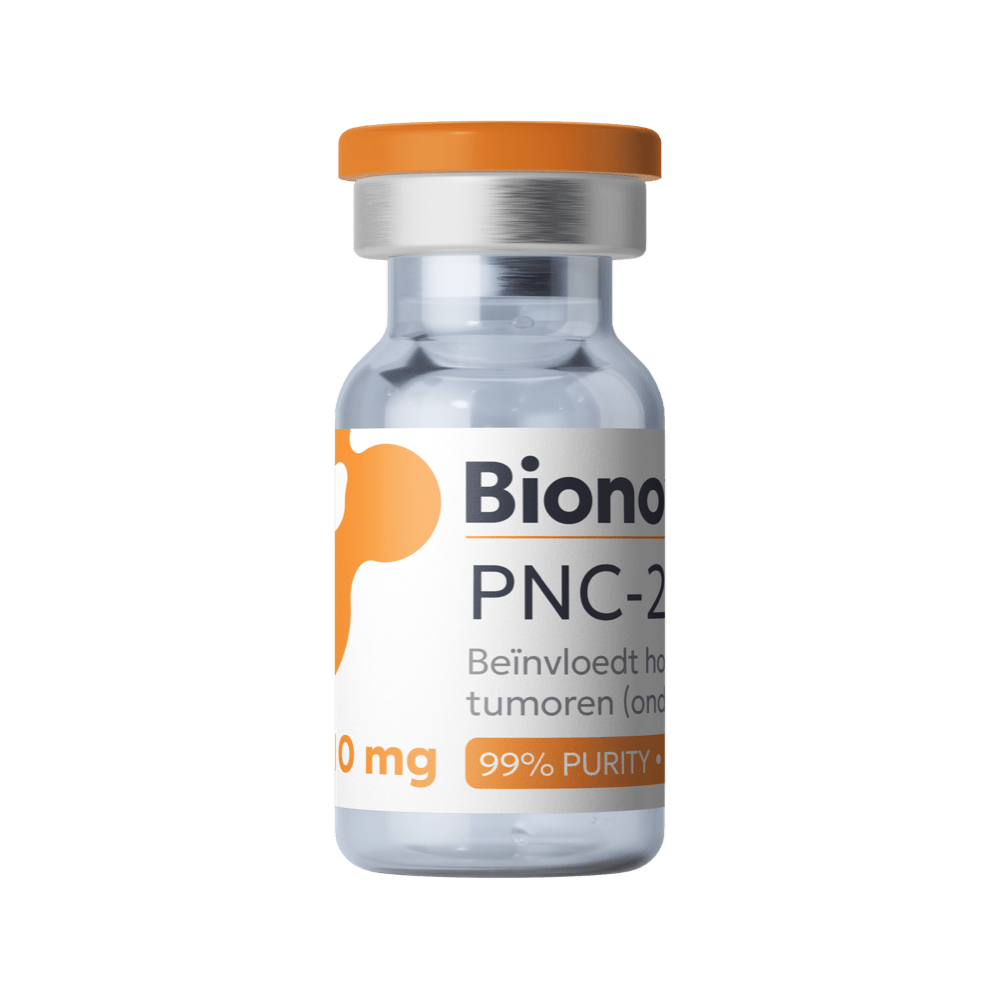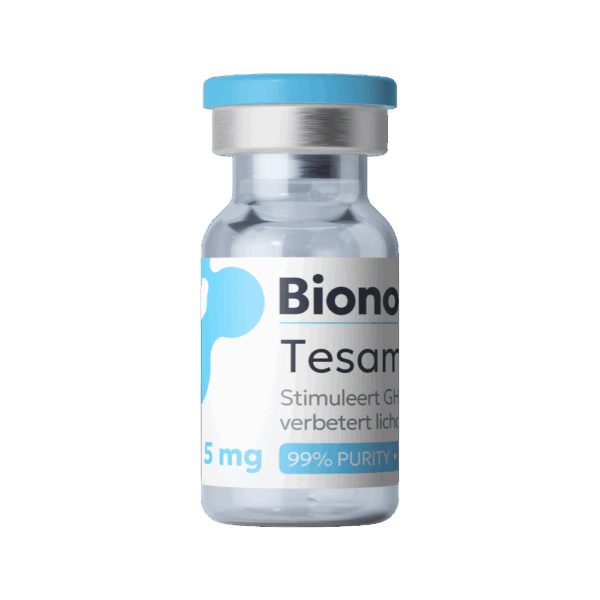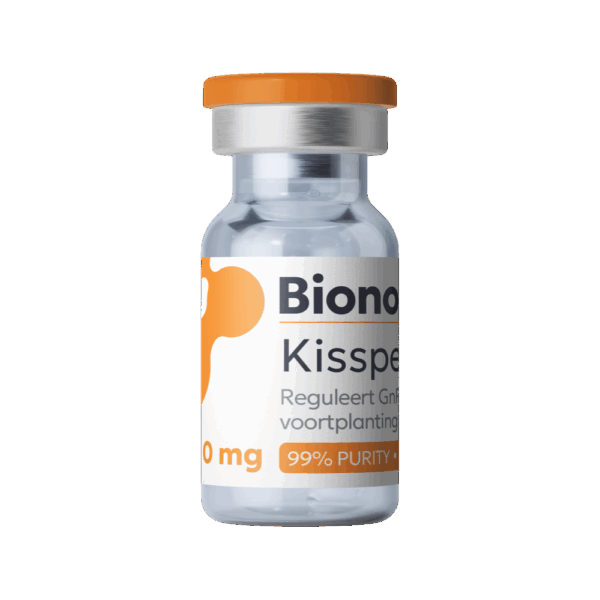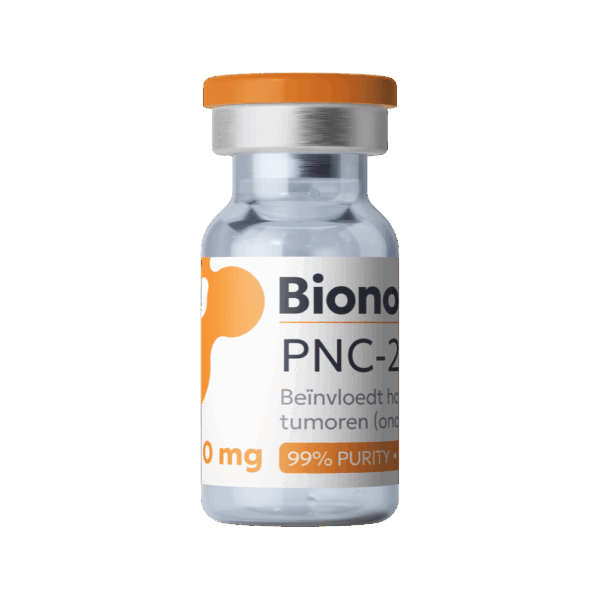PNC-28 Peptide – 10mg
€ 200.00
Description
Molecular formula: C164H255N47O37S
Molecular weight: 3509.2 g/mol
Synonyms:
- UNII-5237P710BP
- 5237P710BP
- 392661-17-5
Research applications:
- Anti-cancer activity
- Tumor suppression
- Cytotoxicity of cancer cells
What is the PNC-28 Peptide?
PNC-28 is a synthetic peptide derived from the mdm-2 binding domain of the p53 protein, specifically residues 17-26. It contains a penetrant sequence that facilitates cell penetration, making it effective in inducing necrosis in various cancer cell lines without affecting normal cells.
PNC-28 Research as an Anti-Cancer Peptide
Research has shown that PNC-28 is effective in inducing necrosis, rather than apoptosis, in several human cancer cell lines, including those without the p53 gene, which is often mutated in cancers. This action is attributed to the peptide’s ability to bind to the hdm-2 protein on the membranes of cancer cells, leading to the formation of pores that disrupt the cells and cause necrosis.
The efficacy of PNC-28 has been demonstrated in both in vitro and in vivo studies. It selectively targets cancer cells without affecting normal, untransformed cells. This selectivity is crucial because it indicates a lower likelihood of side effects typical of more conventional treatments such as chemotherapy, which can damage healthy cells. The peptide has shown promising results in preclinical trials, particularly in models of pancreatic cancer, where it effectively blocked tumor growth.
Further studies focus on clarifying the detailed mechanisms of action of PNC-28 and its potential applications in cancer therapy, exploring its ability to kill cancer cells while sparing healthy cells. This ongoing research highlights the potential of PNC-28 as a novel therapeutic agent in oncology that offers a new avenue for cancer treatment and could complement or replace existing therapies.






